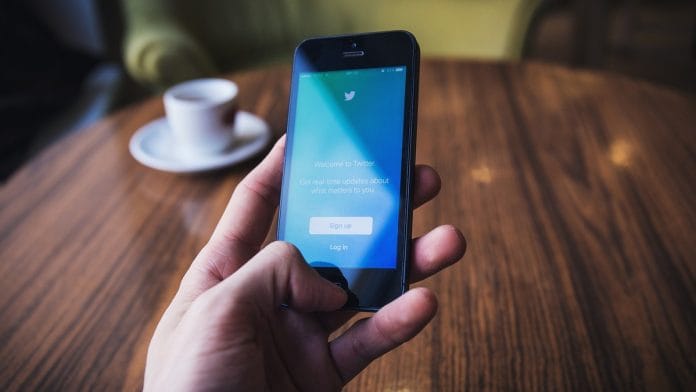UN Special Rapporteur David Kaye pointed out that the govt had made these demands since 2016, but Twitter had begun to accede to them only since July 2017.
New Delhi: Months after a furious Narendra Modi government rejected a United Nations report on human rights violations in Kashmir, the UN Special Rapporteur has written a letter to Twitter CEO Jack Dorsey, expressing concern about the increasing censorship when it comes to Kashmir-related content.
In a three-page letter to Dorsey, the official, David Kaye, said: “I am writing in connection with information I have received regarding account actions against Twitter users for posting and sharing Kashmir-related content.
“According to the information received, Twitter has withheld users’ tweets and accounts when they have participated in discussions concerning Kashmir on the platform.”
Kaye pointed out that the censorship of content was usually done at the demand of governments, and the government of India had made these demands regularly since 2016, Twitter had begun to accede to them only since July 2017. “The reasons for the shift are unclear,” Kaye, who shared the letter dated 10 December on Twitter, said.
platforms may be improving but they are often opaque to users whose accounts are suspended or posts hidden from view, esp when under pressure from governments. for case in point see my letter to @jack @twitter re #Kashmir #India: https://t.co/7UNOP00Zdo pic.twitter.com/okVL8UzkXD
— David Kaye (@davidakaye) December 21, 2018
Also read: Twitter continues to issue warnings to non-Pakistani users for flouting Pakistani laws
Increased censorship
Lambasting the government for increased censorship in the country, Kaye said: “In recent years, India has expanded the scope of its censorship tools and efforts, at the expense of individual rights to freedom of expression, access to information, freedom of association and other fundamental human rights.
“Indian restrictions put you in the position — likely reluctantly — of having to mediate between your users, Indian citizens and Indian law.”
Reminding Twitter of its responsibility to respect human rights, Kaye said that legal demands of censorship should be interpreted and implemented “as narrowly as possible”.
When Twitter receives a “problematic” censorship request, he advised, it “should seek clarification or modification; solicit the assistance of civil society, peer companies, relevant government authorities, international and regional bodies and other stakeholders; and explore all legal options for challenge”.
Also read: Saudi dissident’s wife tweets against niqab, Twitter flags it as ‘in violation of Pakistan law’
Series of questions
Further, in keeping with his mandate “to investigate key freedom of expression challenges worldwide”, Kaye has asked Dorsey to answer a series of questions with regard to censorship of Kashmir-related content.
Some of the pointed questions include:
– How many requests has Twitter received from the Indian government to withhold Kashmir-related content since July 2017?
– How many such requests have been complied with?
– What is the legal or policy analysis by Twitter which has led to the shift from ignoring such requests before July 2017 to complying with them thereafter?
– Has Twitter pushed back with the Indian government on such requests?
– Who takes the call to withhold content within Twitter?
“I address these questions not as a judge of Twitter’s choices in the situation, but as part of my effort to understand, and thereafter report to UN bodies, the state of freedom of expression worldwide,” Kaye said.
This comes months after a UN report tore into the Indian government for several human rights violations in Kashmir, and urged it to stop using pellet guns for crowd control in J&K.
India described the report as “fallacious, tendentious and motivated”, and argued it violated the country’s sovereignty and territorial integrity.
Also read: Twitter continues to issue warnings to non-Pakistani users for flouting Pakistani laws







Compasion shared is noble but atrocities don’t need loudspeaker.